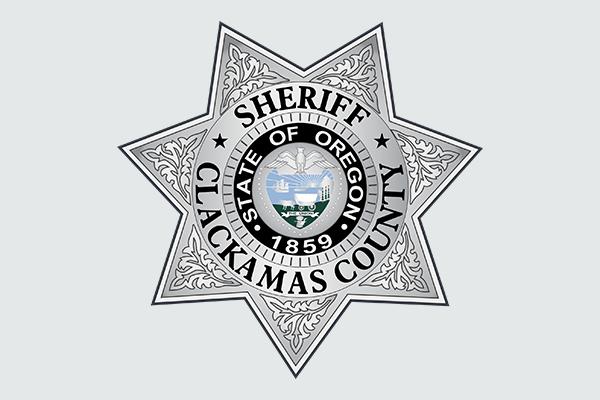About the Program
In 2021, Clackamas County voters approved a five-year Public Safety Levy that included funding for a Sheriff’s Office Body-worn Camera (BWC) Program. This public support allowed the Sheriff’s Office to begin equipping patrol deputies serving unincorporated Clackamas County, the Enhanced Law Enforcement District (ELED) and the contract cities of Estacada, Happy Valley and Wilsonville with body-worn cameras.
The BWC Program allows the Sheriff’s Office to increase officer safety, strengthen evidence for cases and increase trust and transparency within our community.
Oregon law specifically regulates law enforcement use and operation of body-worn cameras, the public disclosure of BWC video, and requires agencies to adopt a body-worn camera policy. You can access the Sheriff’s Office policy here: CCSO Policy # 41 BWC.
Relevant Oregon laws are referenced below in the answers to frequently asked questions.
 Translate
Translate






